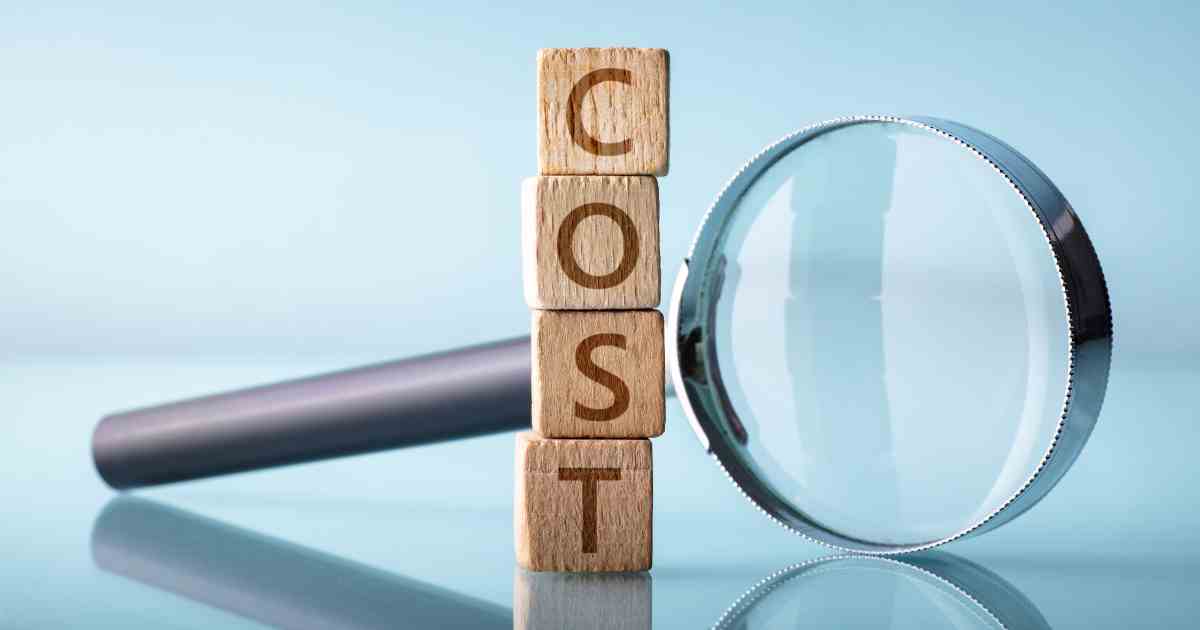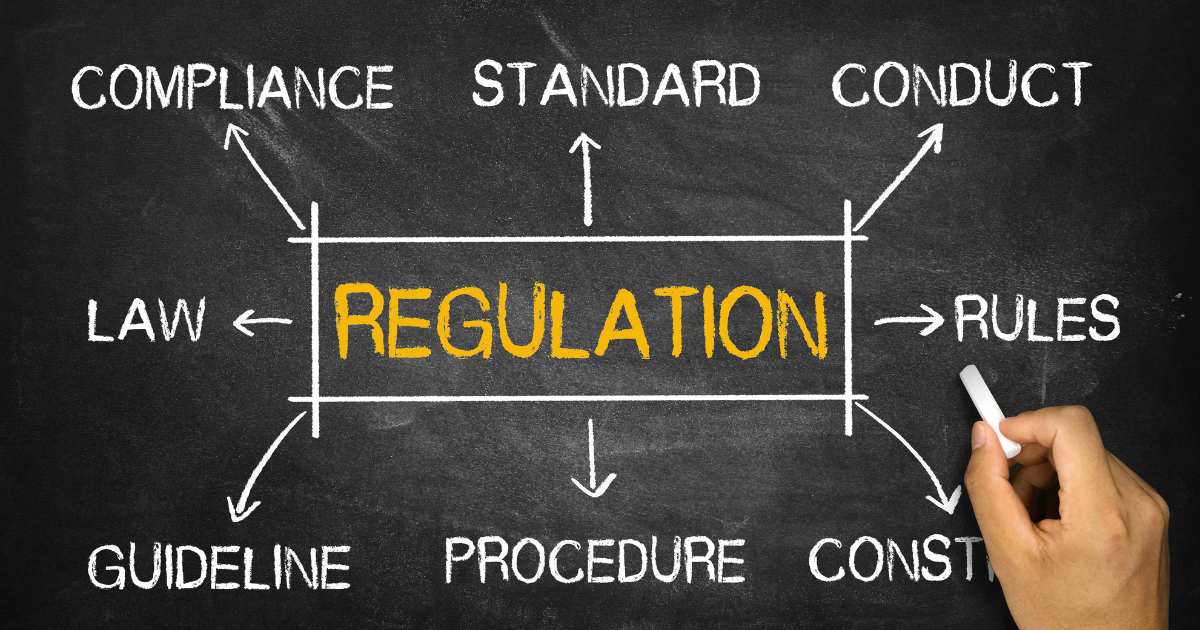
Starting a business is exciting. You plan your budget, set your goals, and get ready to make profits. However, many entrepreneurs forget about the hidden costs that can affect their bottom line. These costs can add up and impact the success of a business. If you do not plan for them, they can cause financial problems.
Here are some hidden costs every entrepreneur should know about, along with vital tips.
Taxes and Compliance Fees
Most new business owners underestimate the costs of taxes. Businesses need to pay income tax, VAT, and sometimes payroll taxes if they have employees. There are also compliance fees, such as business registration and licensing costs. If you miss a tax payment or fail to renew your business license, you may have to pay penalties.
Tip: Getting help from an accountant or tax consultant to understand your business tax obligations will prove beneficial.
Permits and Licenses
Your business needs special permits and licenses to operate legally. For example, if you run a restaurant, you need health and safety permits. If you are in construction, you may need building permits. These costs vary by industry and location. Some licenses also require annual renewals.
Tip: Research all the necessary permits and include them in your budget from the start.
Business Insurance
Most entrepreneurs fail to consider insurance expenses. Business insurance is important to protect your company from risks like theft, property damage, or lawsuits. Depending on your business type, you may need insurance, workers’ compensation, or vehicle insurance.
Tip: Look for different insurance providers who will provide you with the best coverage at an affordable rate.
Employee Costs Beyond Salaries
If you have employees, their salaries are not the only cost. You also need to consider benefits such as medical aid, pension funds, and paid leave. Training new employees also costs time and money. Hiring the wrong person can be expensive if they do not perform well, leading to more hiring and training costs.
Tip: Invest in proper recruitment and training to reduce turnover and ensure employees are productive.
Office Space and Utilities
Renting office spaces comes with extra costs like electricity, water, internet, and security. Even if you work from home, you may need to upgrade your internet, buy office supplies, or increase your electricity usage. If you use a co-working space, there are membership fees to consider.
Tip: If possible, start small and use virtual offices or shared spaces before committing to long-term leases.
Technology and Software Subscriptions
Many businesses rely on technology to run smoothly. You may need a website, accounting software, or customer management tools. Most software operates on monthly or yearly subscription plans, and these costs can add up. Cyber security is another cost to consider, as protecting customer data is important.
Tip: Choose only essential software and take advantage of free or low-cost alternatives when starting out.
Marketing and Advertising
Businesses require marketing to attract customers, but it comes at a cost. While social media marketing is free, running ads on Facebook, Instagram, or Google requires a budget. Hiring a marketing expert or graphic designer can also add to your expenses.
Tip: Set a realistic marketing budget and use free marketing strategies like content creation and networking.
Professional Services
You will eventually require assistance from professional experts, including accountants, lawyers, and consultants. Such services come at a high cost yet remain mandatory for activities that include legal agreements, tax planning, and business strategy.
Tip: Plan for professional services in your budget and consider consulting them only when necessary.
Unexpected Costs
Throughout the business cycle, unexpected costs will arise. Anything could lead to business interruption, for example, losses, damage, and theft of business property, cybercrime, and reputational damage. All these have the potential to interrupt business activities and can mean you need to spend extra money you may not have included in your financial plan.
Tip: Always have some savings that will help you when unexpected incidents occur so that you can cover them immediately.
Shrinkage and Inventory Loss
If you run a retail or product-based business, you may lose money due to theft, damaged goods, or expired stock. Poor inventory management can lead to wastage, affecting your profits.
Tip: Implement good inventory tracking systems to reduce losses and ensure you only stock what you need.
Payment Processing Fees
If you are accepting payments via credit card, PayFast, or PayPal, you may have to pay transaction fees. These add up over time and can reduce your profits. Bank fees for business accounts can also be added to your account.
Tip: Compare different processors to find the most cost-effective solution for your business.
Operating a business requires monitoring more than just visible costs. Hidden costs and expenses affect your profits and overall success. The key is to plan ahead and keep your business running smoothly.






